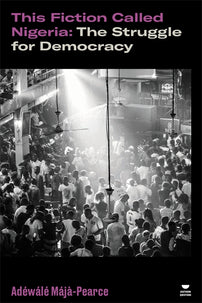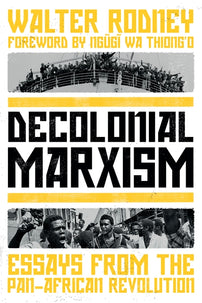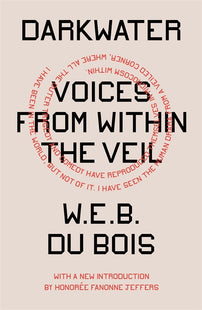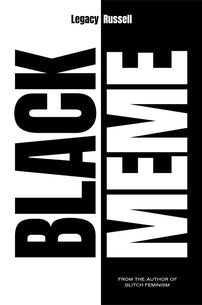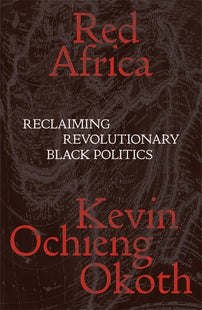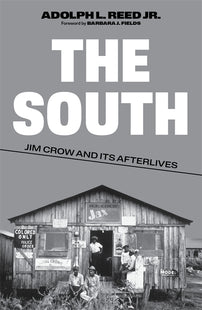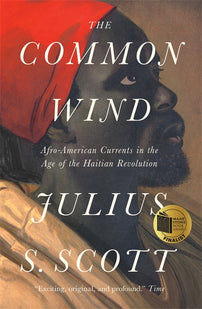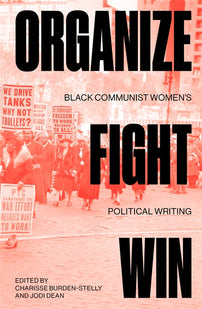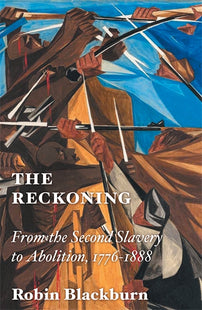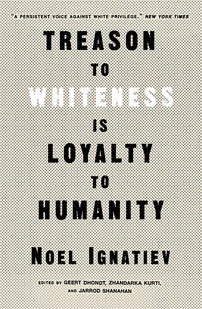Black History Month | Reading List
40% off key titles on Black History

During the final week of Black History Month we're offering a collection featuring both new and classic titles on Black History.
All titles below are marked down 40%. Buy two or more from this list and the discount will extend to all books on our website. (Up to 3. Extended discount will be applied in cart.)
[book-strip index="1" style="buy"]
